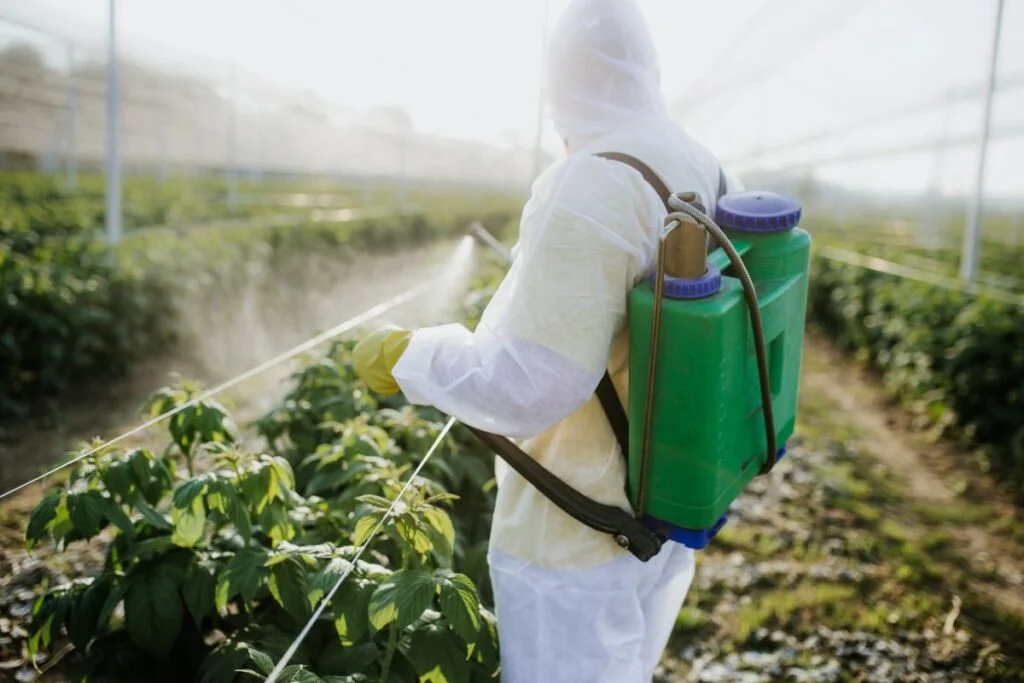By Business Express Reporter
Kenya has announced a sweeping crackdown on the use of toxic farm chemicals, banning 77 harmful pesticides and imposing restrictions on 202 others in a bold move to protect farmers, consumers, and the environment.
The decision, led by the Ministry of Agriculture and Livestock Development, follows a comprehensive scientific review by the Pest Control Products Board (PCPB), which evaluated 430 pesticide products currently in use across the country. The goal: to eliminate chemicals that have been linked to serious health risks, environmental degradation, and reduced crop safety.
Among the restricted substances are 2,4-D Amine, Abamectin, Chlorpyrifos, Pymetrozine, and Chlordane. Their use is now tightly controlled—for example, Chlorpyrifos is permitted only for termite control, while Chlordane and Heptachlor have been banned outright.
In addition, 151 more products remain under review, with final decisions expected by December 2025. Until then, their importation and application are suspended.
The government has also tightened the rules governing pesticide approvals. From now on, pest control products must first be registered in their country of origin before being considered for use in Kenya. Furthermore, no active ingredient that is under review—and not cleared for use in the EU, United States, Australia, or Canada—will be allowed into the country pending assessment.
Agriculture officials say the measures are designed to bring Kenya in line with global best practices, enhance food safety, and promote sustainable farming systems.
To support farmers during the transition, the Ministry has pledged to scale up education, extension services, and integrated pest management programs. Meanwhile, a draft Pest Control Products Bill, already cleared by Cabinet, is set to go before Parliament, promising to further tighten the regulatory framework if passed.
The government has urged farmers, agro-dealers, and consumers to comply with the new guidelines, stressing that the long-term benefits—healthier people, safer food, and a more sustainable environment—far outweigh the short-term disruptions.






